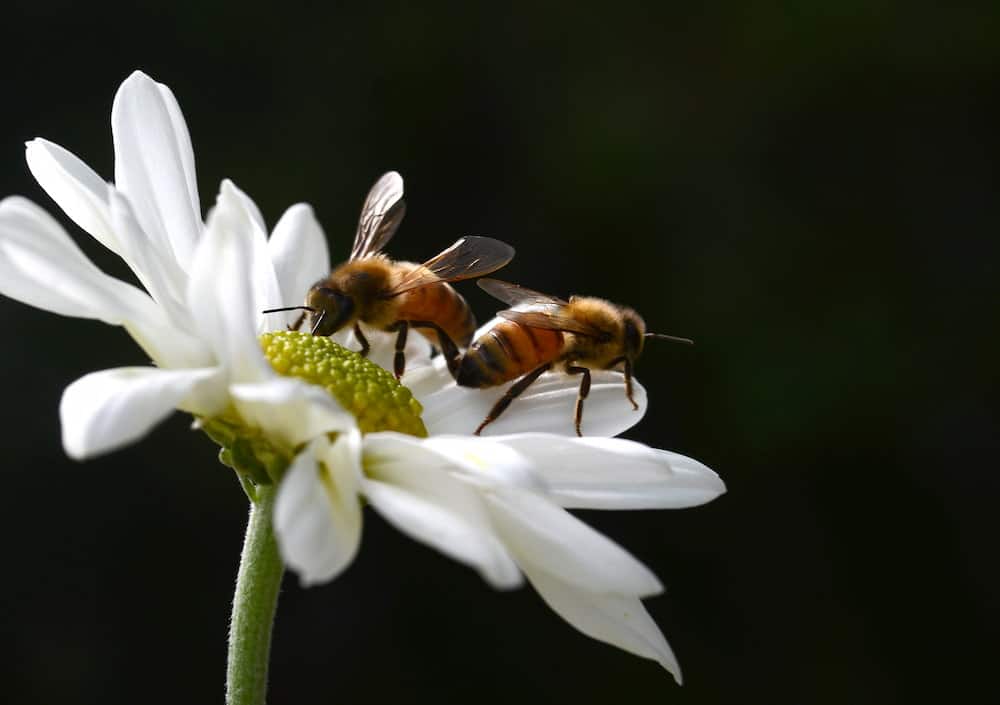NSW authorities racing to stop the spread of the deadly varroa mite threatening the bee industry have discovered the parasite in three new locations and established another biosecurity zone.
A total of seven infested premises have now been discovered through contact tracing, including the initial detection at sentinel hives near the Port of Newcastle last week.
NSW Minister for Agriculture Dugald Saunders says a new eradication zone has been set up at Bulahdelah on the NSW Mid North Coast.
“This means a new 10km eradication zone, 25km for surveillance and an extended 50km biosecurity zone have been implemented, to rapidly shut down that new incursion and stop further spread,” he said.
“Critically, this case is directly linked to a previously identified property, which shows the prompt and efficient response by the Department of Primary Industries is working well.”
Mr Saunders says the expansion of the biosecurity zones is no cause for alarm.
The other two new cases identified on Tuesday are located at Newcastle and at Seaham.
What’s expected to be hundreds more bee hives around the NSW city of Newcastle and town of Bulahdelah will now be destroyed in coming days.
An emergency order remains in place prohibiting the movement of bees in the state after the deadly varroa mite was found at hives near the Port of Newcastle last week.
A second detection was made 10 kilometres away in a commercial hive.
Ana Martin, who runs Amber Drop Honey on the mid north coast, says she has around 40 hives in the eradication zone at Bulahdelah, which is distressing.
Ms Martin says it’s not just the economic loss but the sadness of having to euthanise the bees.
“Between the drought, fires, floods and now varroa there seems to be a bit of bad luck for beekeepers lately,” she tells AAP.
Acting chief executive of the Australian Honey Bee Industry council Danny Le Feuvre says authorities are working to identify and destroy all of the hives within the 10km eradication zones.
Mr Le Feuvre says while Sunday’s emergency order is valid for six months and stops people in NSW from moving their bees, he did not expect it to be in place that long.
“Even when that is lifted, hopefully within a week or two weeks, there will still be some restrictions in the Newcastle area,” he told AAP.
The order is impacting around 270,000 hives across NSW.
“Whilst there’s a standstill no one can move bees in the whole state, there are really big and significant fines in place, even jail time,” he said.
“We are coming up to almond season so we’re making sure we go hard early to try and establish the perimeter; make sure we have got it contained before we hit almond pollination.”
Hundreds of people are responding to the bee emergency at a state control centre, and on the ground as part of additional efforts to locate and surveil hives.
Urgent tests are underway to determine whether the mites found in NSW have deformed wing virus.
The Commonwealth Scientific and Industrial Research Organisation’s (CSIRO) expert on honeybee pathogens, John Roberts, told AAP the mite and the virus often come together – and when they do, they are a dangerous duo.
The mites feed on the blood of adult and larval bees and over time can weaken and kill colonies.
If the mites have the virus they can pass it to bees while enjoying their blood meals.
Infected bees end up with deformed wings, abdomens and other problems.
“If it’s just the feeding damage, and not the virus damage as well, it’s much lower impact than in combination, when they are acting together,” Dr Roberts said.
“It will be important to keep monitoring (for the virus) at the same time as monitoring the mite, because it is as significant a threat as the mite.”
The Elizabeth Macarthur Agricultural Institute is doing the testing with support from the CSIRO.



